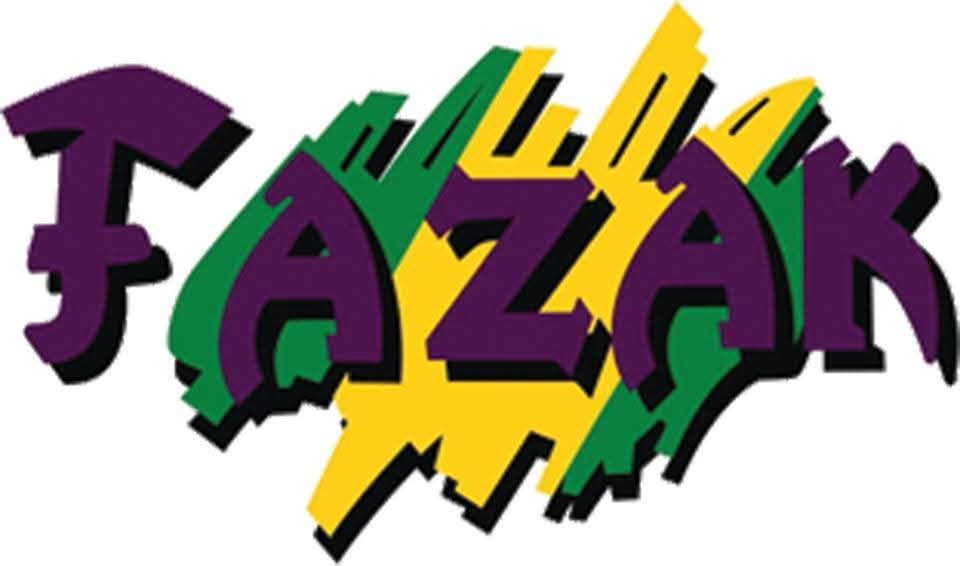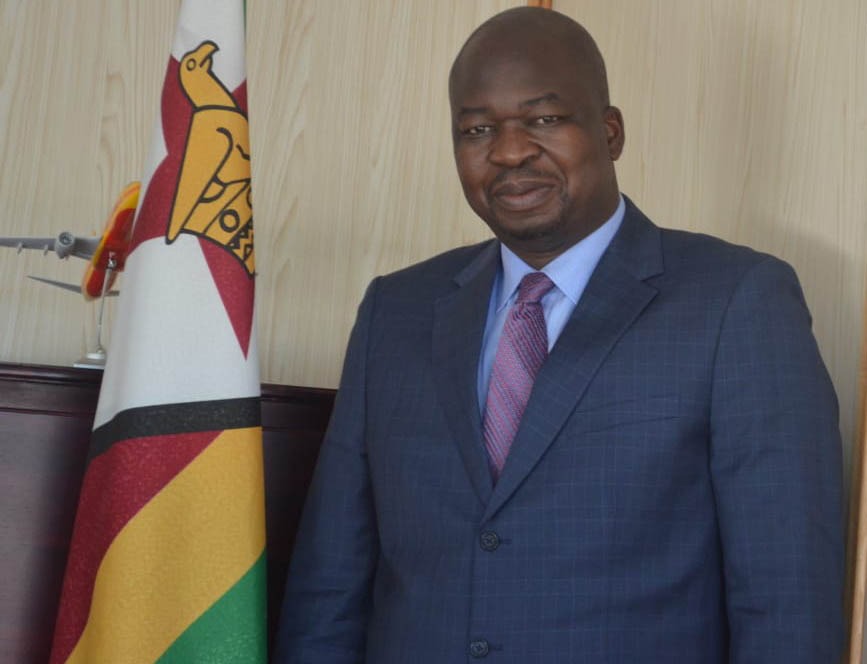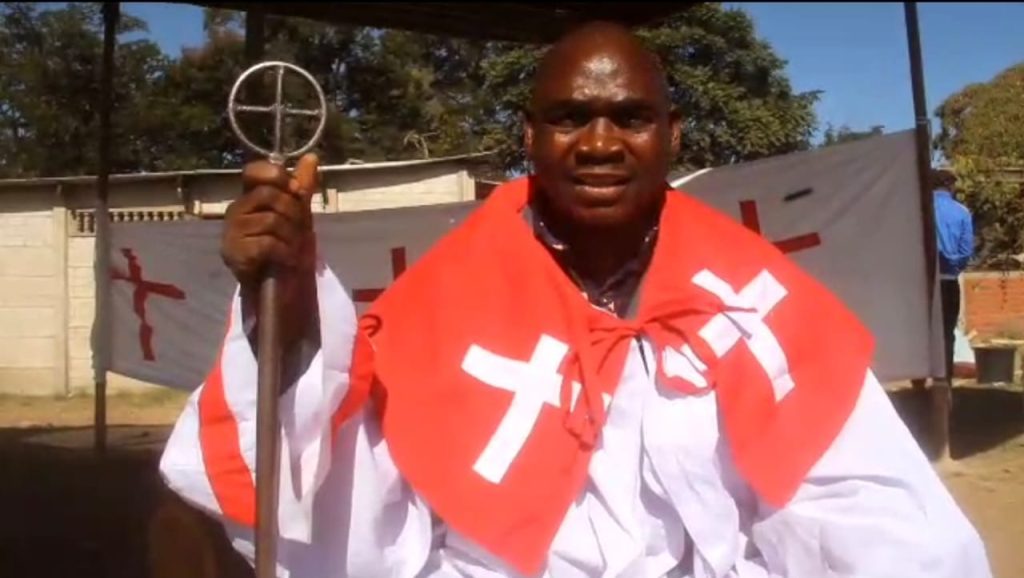Staff Reporter
AN ALLEGED loan-guarantee scam involving Zimbabwe’s Finance ministry and Valley Seeds might “end up in legal nightmares for its punters”, as secretary George Guvamatanga’s letter was tantamount to an acknowledgment of debt by the government to the agricultural company, lawyers say.
This comes amid scornful laughs, conspiratorial interpretations and lampooning of the ex-banker’s March 24 attempt to “assure Ecobank Zimbabwe (Ecobank) that Themba Nkatazo’s company was indeed a bonafide government creditor, which had played a critical role in boosting the country’s food security”.
“In light of the so-called Guvamatanga-Valley Seeds debacle, my view is that the dispatch was nothing more than a ‘comfort letter’ and just as the Finance secretary clearly stated (in the reference section) that it was a: support letter, which is a standard practice and basic procedure really in banking the world over,” one seasoned commercial lawyer said, adding “if the agro firm had secured the facilty it would have done so on the strength of its balance sheet and not this purported surety”.
“As we all know with what happens in a toxic environment like Zimbabwe, everything not only tends to be politicised, mischaracterised and sensationalised – even by people who are supposed to know better – but there were some extremely defamatory and reckless statements made around presumed corruption, and money laundering in this clearly political hatchet job,” he said.
While Guvamatanga’s letter partially alludes to ‘a guarantee and sureties’, the – essence and – import of it (as captured in the key subject section) was just to vouch for, and help a “distressed government supplier who is owed nearly US$200 million” to access a short-term facility for its survival”.
Crucially, the tripartite arrangement was just a “clever and permissible (debt) refinancing strategy” – while Harare puts its house in order – and such that if it was a “real sovereign guarantee it would have been published in the government gazette”.
Further, the former Barclays Bank chief’s letter was a “mere undertaking to repay Valley Seeds’ debts, which could serve as an extra cherry on top and add to demonstrate to the lender that the former had capacity to pay”.
“I really feel we are all – one way or the other – getting bogged down in semantics because, if anything, there are obvious contradictions in Guvamatanga and Valley Seeds’ critics’ statements that guarantees ought to be publicly declared by the minister and yet in this case there is no such listing, which not only meant it did not warrant that action or step, but a confirmation that this was not a guarantee or anything to be classified that way or category,” said another senior barrister, adding “those throwing around untested graft allegations risked litigation”.
“From a proper banking perspective, this letter would not be accepted as a guarantee because there is nothing executable by the lending institution, which is Ecobank in this case and should the private borrower defaults on the loan. In that vein and certain circumstances, this letter would even have been rejected and, therefore, l am even wondering what the hoo haa is all about,” he said.
While Guvamatanga’s dispatch categorically states that Valley Seeds had supplied seed – for years – under the presidential pvumvudza/intwasa programme, the multi-million dollar group was made up of former American companies Pannar and Pioneer Seeds, Southern Colton and other entities.
The Harare-based company, which runs a Glendale, Shamva ginnery, Murewa and Ruwa manufacturing plants or factories, employs about 600 people who run its 24 hour facilities. Apart from seed for a variety of crops, the company supplies fertilisers and pesticides.





